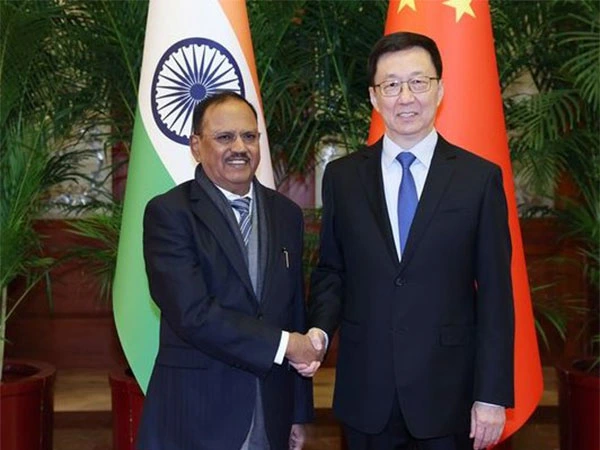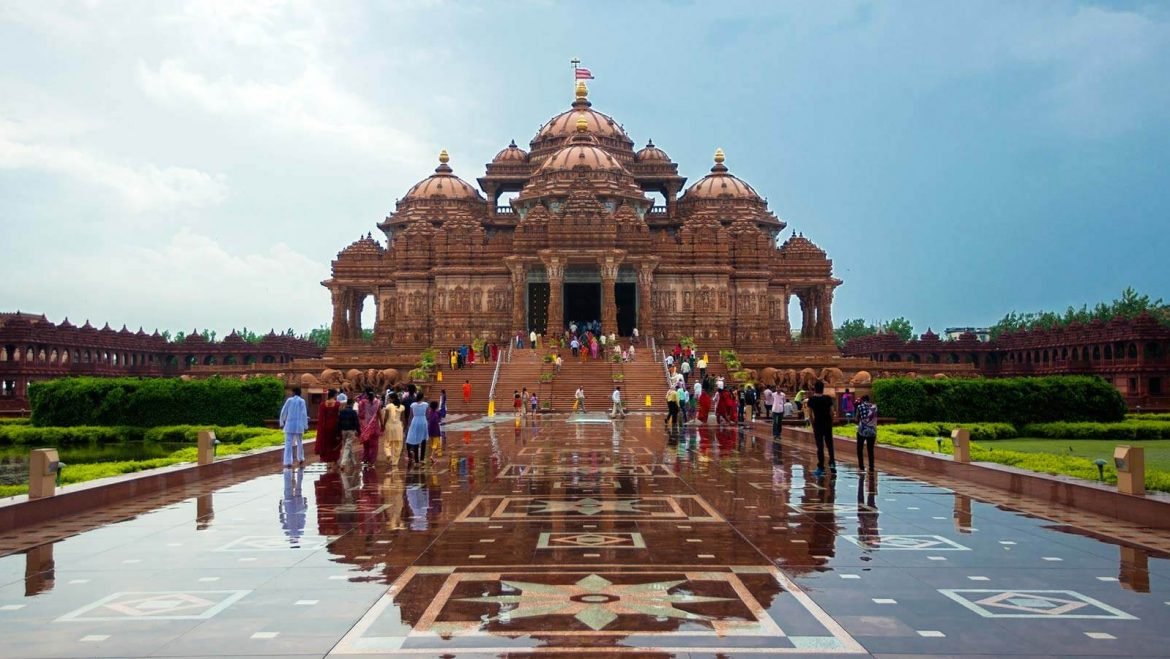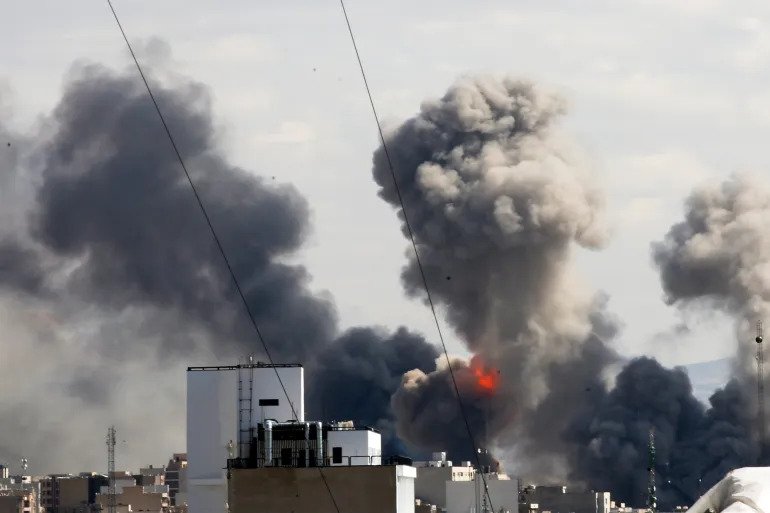24 -JUN-2025,05:00 PM In a significant diplomatic gesture aimed at thawing recent tensions and bolstering strategic dialogue between Asia’s two largest economies, India’s National Security Advisor (NSA) Ajit Doval met with China’s Vice President Han Zheng in Beijing. The meeting comes at a crucial juncture, signaling efforts to improve communication and restore trust following years of border tensions and geopolitical competition.
Han Zheng, one of China’s most senior political figures and a key member of the Chinese Communist Party’s Politburo Standing Committee, hosted Doval at the Diaoyutai State Guesthouse in a ceremony marked by warm gestures and formal diplomatic protocol.
A Warm Diplomatic Exchange Between Doval and Han Zheng
Han Zheng : NSA Doval’s Visit to Beijing Symbolizes India’s Openness to Dialogue
Ajit Doval’s presence in Beijing is being seen as an affirmation of India’s commitment to high-level dialogue even amid persisting border disagreements and strategic divergence between the two nations. According to official statements from both sides, the primary objective of the meeting was to foster mutual trust and stabilize the broader bilateral framework.
During the cordial interaction, Han Zheng extended a warm welcome to Doval, expressing appreciation for India’s participation in ongoing strategic dialogues and stressing the importance of sustained engagement.
“Both countries shoulder important responsibilities in regional and global peace. Cooperation between India and China will determine the future trajectory of Asia,” said Han Zheng during the opening remarks.
Han Zheng : Highlights Importance of Stable India-China Relations
Han Zheng : A Vision for Bilateral Peace and Development
As the Vice President of China, Han Zheng plays a ceremonial but politically significant role in representing China on the world stage. In his statements, Han emphasized the need for stable relations with India, particularly in light of global uncertainty, economic fragility, and rising tensions in other regions.
He pointed out that India and China — both ancient civilizations and modern economic powerhouses — must avoid confrontation and instead work toward regional integration and multilateral cooperation.
“We must set an example for the Global South. Only by cooperating, can we grow stronger together,” Han Zheng was quoted as saying.
Border Issues Not Off the Table
NSA Doval Raises India’s Concerns in Frank Discussion
While the meeting had ceremonial tones, sources suggest that NSA Doval took the opportunity to raise India’s long-standing concerns regarding border tensions, especially the lingering friction in Eastern Ladakh. Though no official communiqué detailed the specifics, Indian diplomatic circles confirmed that Doval reiterated India’s position on maintaining peace along the Line of Actual Control (LAC).
The meeting also covered broader geopolitical challenges, including maritime security in the Indo-Pacific, anti-terrorism cooperation, and multilateral platform reform such as the BRICS and SCO.
Han Zheng’s Role in China’s Foreign Engagement Strategy
A Steady Hand in a Time of Diplomatic Reset
Though not directly responsible for foreign policy — which is handled by China’s Foreign Minister and State Council — Han Zheng has emerged as a key face of China’s diplomatic reset in the post-COVID and post-Galwan world. As Vice President, he frequently represents Beijing in state-level visits and ceremonial summits and is increasingly being utilized for soft diplomacy and people-to-people outreach.
His meeting with Doval is being seen as part of China’s attempt to rebuild strategic trust with India, particularly as Western alliances grow more assertive in the Indo-Pacific.
Global Reactions and Strategic Significance
Experts See Positive Signs But Advise Caution
Strategic analysts around the world have cautiously welcomed the interaction between NSA Doval and Han Zheng, suggesting that while symbolic, such meetings can create the right atmosphere for further high-level talks. However, they warn that real progress will depend on actions on the ground, particularly along the disputed border.
India’s engagement with China has cooled considerably since the deadly Galwan clashes in 2020. Since then, talks have been restricted largely to military and corps commander levels. This meeting at the vice-presidential level indicates a possible thaw, though it may still be some distance away from full normalization.
Economic and Multilateral Collaboration Discussed
Han Zheng Calls for Stronger Trade and BRICS Coordination
Another topic of discussion was economic cooperation. Despite tensions, bilateral trade between India and China reached nearly USD 135 billion in 2023, with India importing large quantities of Chinese machinery, electronics, and chemicals. Both leaders discussed mechanisms to ensure trade stability, especially in the pharmaceutical and semiconductor sectors.
Han Zheng also urged India to play an active role in BRICS and SCO coordination, emphasizing that joint leadership in these multilateral bodies could help reshape global governance frameworks more equitably.
Conclusion: Han Zheng’s Diplomatic Gesture Signals Willingness for Dialogue
The meeting between Han Zheng and NSA Ajit Doval is a notable development in Indo-Chinese relations. While it is unlikely to resolve deep-rooted issues overnight, it does signal a renewed willingness for engagement at the highest levels. In a region fraught with overlapping tensions and strategic mistrust, such diplomatic gestures matter.
For Han Zheng, this is yet another step in building his profile as China’s bridge to the world, especially to Asian neighbors wary of Beijing’s assertive foreign policy. For India, the visit underscores its intent to keep all doors of dialogue open — while firmly safeguarding national interests.
Source : ANI





